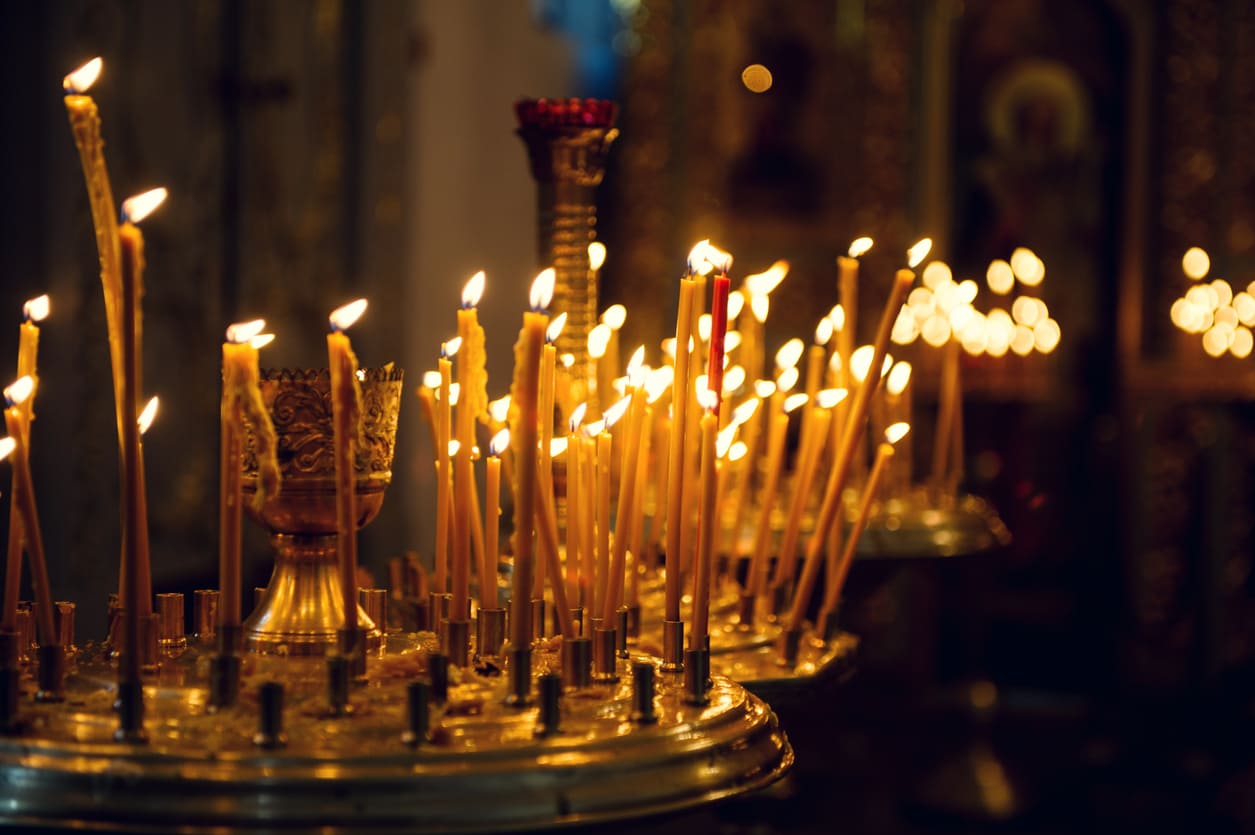Dates of Orthodox New Year in Australia
| 2026 | Jan 14 |
| 2025 | Jan 14 |
| 2024 | Jan 14 |
Australia Holiday Calendars
Orthodox New Year, celebrated on January 14, follows the Julian calendar and is observed by some Eastern Orthodox Christian communities across Australia. It is marked with church services, family gatherings, and traditional meals, particularly within Serbian, Russian, and Macedonian communities.
Orthodox New Year: A Public Holiday?
Orthodox New Year is not a public holiday in Australia, observed on 14 January by some Eastern Orthodox communities, with normal business operations and no official closures.

Orthodox New Year
Orthodox New Year, also known as the Old New Year, is based on the Julian calendar and falls on 14 January. It is celebrated by Eastern Orthodox Christians such as Serbians, Russians, Macedonians, and others who follow traditional liturgical calendars. While the Gregorian calendar is used for most civil purposes, some Orthodox churches continue to observe religious dates using the older Julian calendar.
In Australia, the Orthodox New Year came with waves of migration from Eastern Europe, especially during the mid-20th century. Immigrants brought their faith, culture, and customs, including religious celebrations. Over time, Orthodox communities established churches and cultural centers across Australia, particularly in cities like Sydney, Melbourne, and Adelaide. The Orthodox New Year has remained a cultural and religious tradition for these communities, passed down through generations, though the broader Australian population does not widely observe it.
Observance of Orthodox New Year in Australia
Orthodox New Year is a time of reflection, tradition, and cultural pride for many Orthodox Christian families in Australia. The celebration is usually quiet and more spiritual than festive, especially compared to the widely celebrated Gregorian New Year on 1 January. Many people attend special midnight church services or prayers on the evening of 13 January to mark the start of the New Year according to the Julian calendar. These services focus on gratitude, peace, and blessings for the year ahead.
After the religious service, families often gather for a late-night meal, enjoying traditional foods from their respective cultures. Dishes may include baked meats, breads, pastries, and desserts unique to Serbian, Russian, Macedonian, or other Eastern European traditions. Some households may sing folk songs or play music, while others use the occasion to connect with relatives and friends. It is a meaningful way to keep cultural roots alive, especially for younger generations born in Australia.
Though it is not a public holiday and most people go to work or school as usual, Orthodox New Year holds deep cultural importance. It reflects the strong sense of identity within Orthodox communities and their desire to preserve religious traditions in a modern, multicultural society. For many, it is not just the start of a new year but a reminder of their heritage and faith.
Orthodox New Year Observances
| Year | Date | Weekday | Name | Holiday Type |
|---|---|---|---|---|
| 2024 | Jan 14 | Sun | Orthodox New Year | Observance, Orthodox |
| 2025 | Jan 14 | Tue | Orthodox New Year | Observance, Orthodox |
| 2026 | Jan 14 | Wed | Orthodox New Year | Observance, Orthodox |
| 2027 | Jan 14 | Thu | Orthodox New Year | Observance, Orthodox |
| 2028 | Jan 14 | Fri | Orthodox New Year | Observance, Orthodox |



